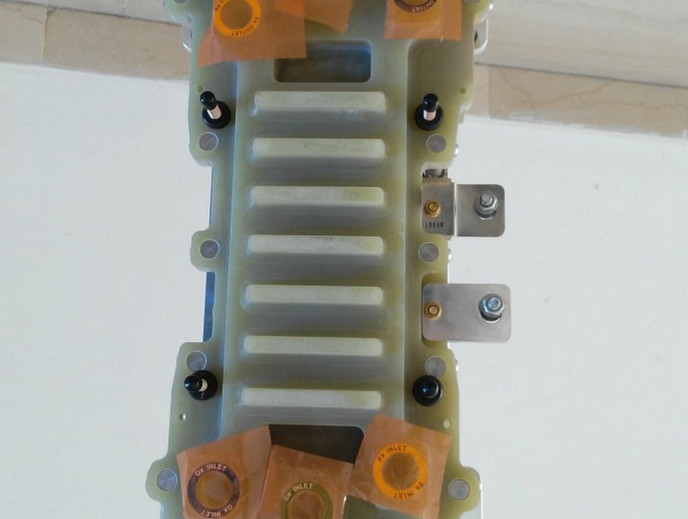Greener, more efficient heating for the Balkans
Current state-of-the-art premix burners face a number of problems including high nitrogen oxide and nitrogen dioxide (NOx) emissions, inability to modulate power output for efficiency, lack of flexibility in terms of fuel input and high cost of production materials. All of these are particular issues in the Western Balkans. The ‘Flexible premixed burners for low-cost domestic heating systems’ (Flexheat) project was initiated to develop cost-effective, fuel-flexible, efficient and green premix burners for a variety of domestic uses. The researchers focused on the target market of the Western Balkans, not only to address the issue of low quality natural gas that varies in composition on a daily or even hourly basis, but also to strengthen the research activity in Western Balkan universities and industry. The researchers focused on atmospheric premix burners and fully premixed fan-assisted burners. They developed modelling tools incorporating chemical kinetic mechanisms for combustion of various fuels, finite element modelling and modelling of noise generation and instabilities. The team optimised burner materials and burner mantle designs to enable fuel flexibility, power modulation, reduced emissions and use of low-cost materials. Long-term tests of the newly developed atmospheric burner demonstrated achievement of original targets, namely minimum power modulating ratio of 1:2 and emissions of carbon monoxide (CO) and NOx less than 50 mg per kilowatt hour (mg/kWh), where 1 kWh = the amount of power in kW generated in 1 hour. Similarly, the fan-assisted burner achieved target goals of a 1:5 power modulating level with CO and NOx emissions less than 40 mg/kWh. In fact, even with varying quality of low-grade natural gas and subsequent fluctuation in operation, the emissions remained below 40 mg/kWh over the entire regime of fan-assisted burner operation. In summary, the Flexheat project researchers developed more efficient, flexible and cost-effective burners for domestic heating appliances that simultaneously reduce greenhouse gas (GHG) emissions and pollutants. Commercialisation of the results should provide a significant boost to employment and the economy of the Western Balkans as well as dramatically enhance air quality in Balkan homes and neighbourhoods.







